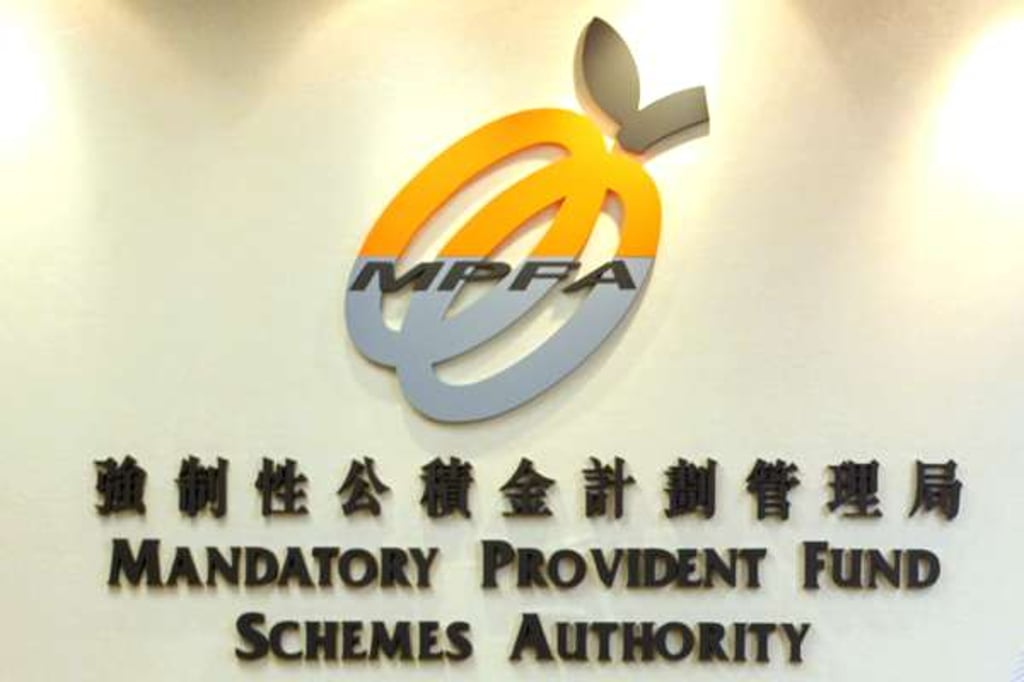DIS fund could lower Mandatory Provident Fund fees, says BlackRock
Across Hong Kong, 630,000 MPF employees were yet to make any investment choices of their own, as of January, a figure worth HK$11 billion

The Default Investment Strategy (DIS), or the “core fund” to be launched on April 1, could be set to lower the fees of Hong Kong’s Mandatory Provident Fund (MPF), and increase investors’ interest in passive asset management, according to BlackRock, considered the world’s largest asset manager.
“If the DIS assets under management grow to a certain level, we certainly have the ability to lower our fees. But we can’t promise that partners will ultimately make their fees lower [than the cap of 0.95 per cent],” Julia Lee Siu-lie, BlackRock’s head of Hong Kong retail business, told the South China Morning Post.
BlackRock offers two funds that passively track the FTSE MPF All-World Index and Citi MPF World Government Bond Index respectively, which are used as the two benchmarks to measure the performance of the DIS funds, where the capital of Hong Kong employees, who never take action to manage their MPF accounts, will be invested.

MPF providers need to explain to the authorities if the DIS fund performance is more than 2.5 per cent higher or lower, compared with the two benchmarks’ performance.
Three of Hong Kong’s 18 MPF providers are partnering with BlackRock to offer DIS funds that passively track the two benchmarks, Lee said, adding that the three players have decent market shares.
The passively managed DIS funds – which adjusts their exposure to equities or bonds by employees’ age – provide diversified global-wide asset allocation, with lower cost, lower risk and more transparency to investors, Lee said.
